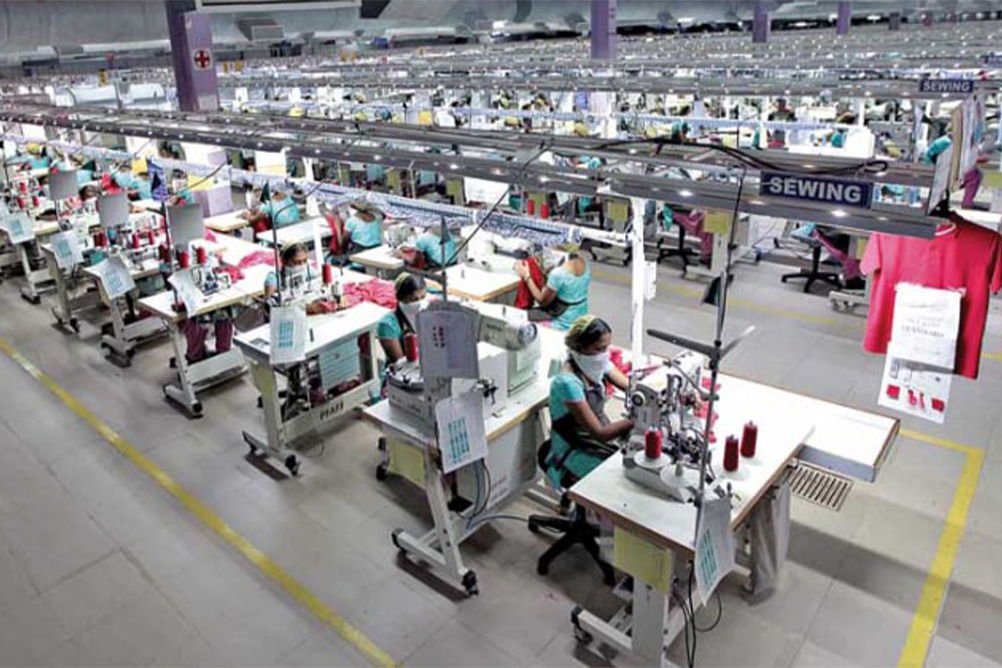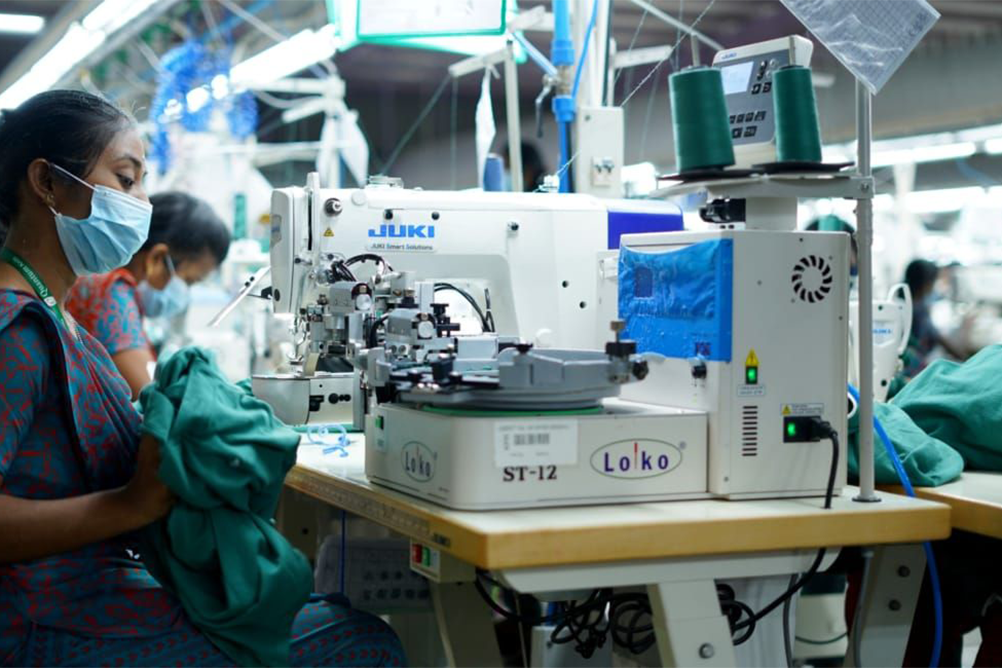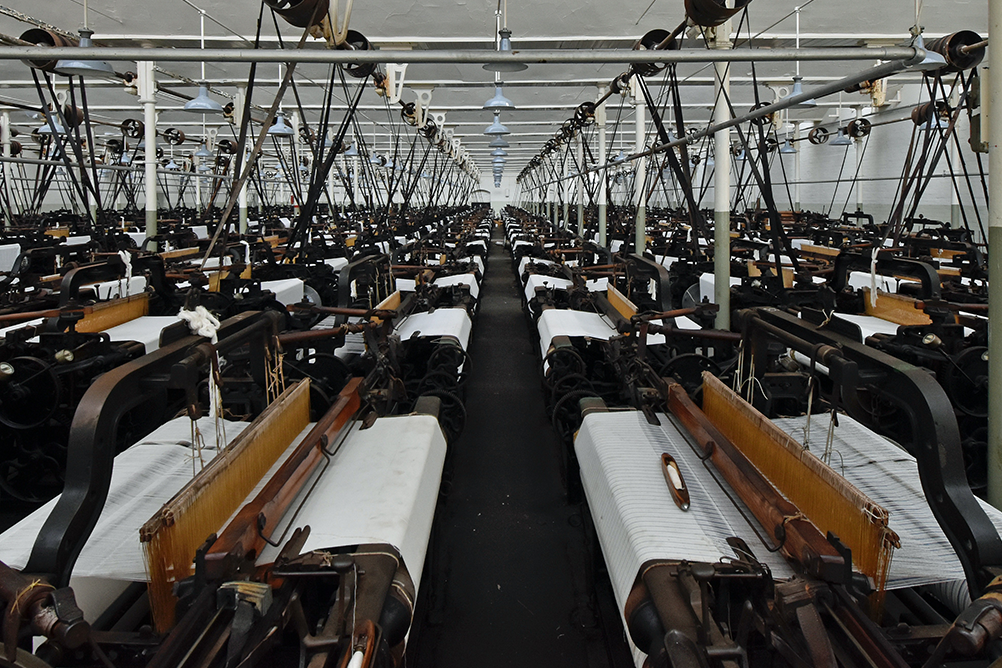Skill Development

Transforming Tamil Nadu's Textile Industry through Skill Development
The Textile industry in Tamil Nadu, like many other labour-intensive sectors, is undergoing a transformative journey driven by technological modernization. With the pursuit of high industrial growth as a key objective, the industry recognizes the critical need for a skilled workforce. Both organized and unorganized segments, including spinning, weaving, knitting and technical Textiles, require substantial vocational training to upgrade the skills of existing workers. To bridge the ever-growing skill demand gap, the Department of Textiles has embarked on an ambitious initiative. Under the scheme Training of Workmen, the department is collaborating with the Tamil Nadu Skill Development Corporation to provide Skill Development Training to 8950 individuals across various Textile sectors, including Technical Textiles.
Empowering Tamil Nadu's Textile Workforce
The primary goal of this comprehensive training programme is to develop a pool of skilled manpower capable of addressing shortages in the garmenting and knitting sectors. The training covers a diverse range of areas, such as Spinning mill operatives, Garmenting, Fabric Ornamentation through embroidery and Computer-aided textile design with a focus on dobby and jacquard weaving. These skill development initiatives are set to take place at the South India Textile Research Association (SITRA) in Coimbatore, as well as at SITRA power loom service centres in Coimbatore, Tiruppur, Karur, Komarapalayam, Palladam, Rajapalayam, Salem, Somanur and Tiruchengode.


Tamil Nadu's Textile Sector: A Pillar of Employment
Tamil Nadu's Textile sector plays a pivotal role in employment, standing as the second-largest employer after agriculture. In light of technological modernization being the catalyst for industrial growth, the need for a skilled workforce in labour-intensive industries like Textiles cannot be overstated. With over 4.5 lakh power looms, multiple weaving and garmenting units and an array of Textile parks in the state, the demand for skilled personnel is ever-increasing. The project's scope extends to training in the Spinning, Weaving, Knitting and Garmenting sectors to cater to this growing demand.
Fulfilling Critical Workforce Gaps in the Textile Industry
Two critical aspects addressed by this project include bridging the gap between the spinning industry's technical workforce requirements and the available qualified manpower, as well as the need for efficient operatives in spinning mills. By focusing on these areas, the project aims to boost the Textile industry's overall competitiveness and sustainability.


Investing in Tamil Nadu's Textile Future
Over a five-year period, the project aims to train approximately 8950 individuals in the Textile. Skill development is poised to create a skilled workforce that will not only support the growth of the Textile industry in Tamil Nadu but also enhance the employability and livelihoods of countless individuals in the region. It's a testament to the government's commitment to fostering industrial growth through human capital development.

